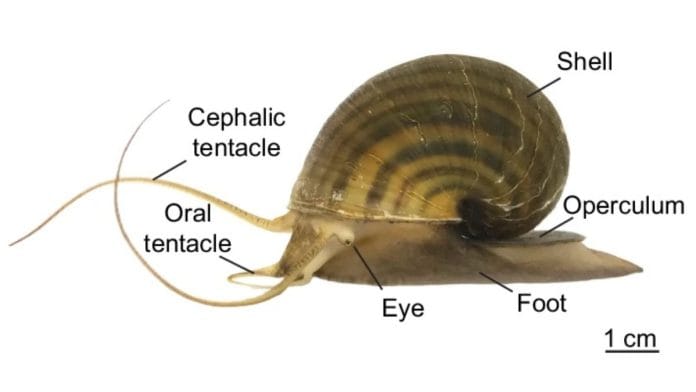New Delhi: The critical mineral lithium, a key component in electric vehicle (EV) batteries, is also present in the human body. And it could hold the cure for Alzheimer’s disease, according to a new study published Wednesday in peer-reviewed journal Nature.
The study by researchers from Harvard Medical School found, for the first time ever, that the human body naturally produces lithium and that it plays a role in slowing brain ageing. Natural lithium protects brain cells and its depletion is among the first changes that leads to memory loss, the research showed.
By studying human brain tissue and mouse models, the researchers discovered that as Alzheimer’s progresses, lithium in the brain gets trapped by amyloid plaques—clumps of protein that are a hallmark of the disease. This prevents lithium from protecting brain cells.
The team, interestingly, also developed a new compound, lithium orotate, that avoids getting trapped by these plaques. In trials on mice, this compound reversed brain damage and restored memory function. The study said that future trials in humans could validate lithium’s role as a missing link in understanding and preventing Alzheimer’s disease.
Snails can regrow the eye. Can it help humans?
Small apple snails may hold the key to treatment for human eye injuries, including regeneration of the eye.
A new study in Nature journal, published Wednesday, said that freshwater snails can fully regenerate their complex “camera-type” eyes, which are very similar in structure and genes to the human eye. Led by the University of California, Davis, the research showed how snails regrow their eyes within a month, forming the lens, retina and even reconnecting optic nerves in case of damage.
What makes the breakthrough exciting is that apple snail eyes share key developmental genes with humans, including pax6, a master gene for eye formation. Using CRISPR, a gene-editing technology, the team showed that disabling the pax6 gene in snails stops the eye from forming entirely, confirming its crucial role.
Now, the scientists are exploring whether the gene also governs eye regeneration in snails. The scientists did point out that while the snails can anatomically form their eyes all over again, they’re not sure if they can see the same with the new eyes. Their next experiment would be to test whether regrown eyes and the original ones work similarly.
Astronomers find ‘bridge of stars’ between galaxies
Astronomers from Brown University in the US have captured a bridge of stars stretching a million light-years between two galaxies in the Abell 3667 cluster, located 700 million light-years away from Earth.
The faint glow that they have captured in high-resolution images is known as intracluster light (ICL). It is made when stars are being ripped from one galaxy and pulled into another—direct evidence that the two brightest galaxies in the cluster are merging.
The discovery, published in The Astrophysical Journal Letters Tuesday, used over 28 hours of data from the Dark Energy Camera in Chile. It confirms that the two galaxy clusters are merging in Abell 3667, a process that was previously suggested only by X-ray and radio observation.
Insight from fossilised bird poop
An intriguing study from University of Adelaide published last month in the peer-reviewed journal Current Biology has found that over 80 percent of parasite species once found on the kākāpō, a critically endangered New Zealand parrot, have vanished. The researchers’ analysis process? Bird poop.
The researchers analysed ancient and modern kākāpō droppings, some over 1,500 years old, using DNA and microscopy. They discovered that 9 of 16 parasite species found in the parrot’s droppings disappeared before the 1990s, and four more were lost after the 1990s when the bird came under full population management by the New Zealand government.
Though often seen as harmful, parasites are very important from an ecological sense, because they boost host immunity and suppress more dangerous infections. Their loss could have unseen impacts on both host species and ecosystems.
The study highlights the need for global parasite conservation strategies, as coextinctions may be more common than previously believed.
(Edited by Nida Fatima Siddiqui)






